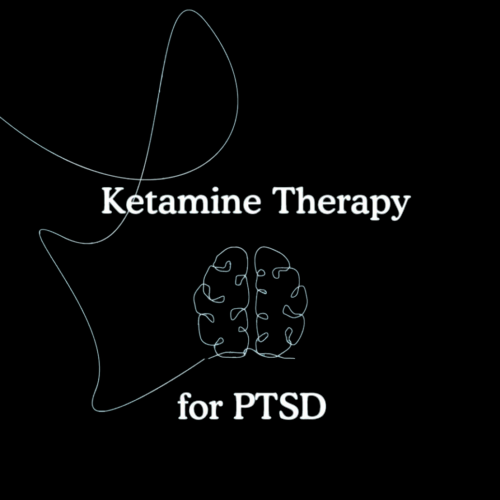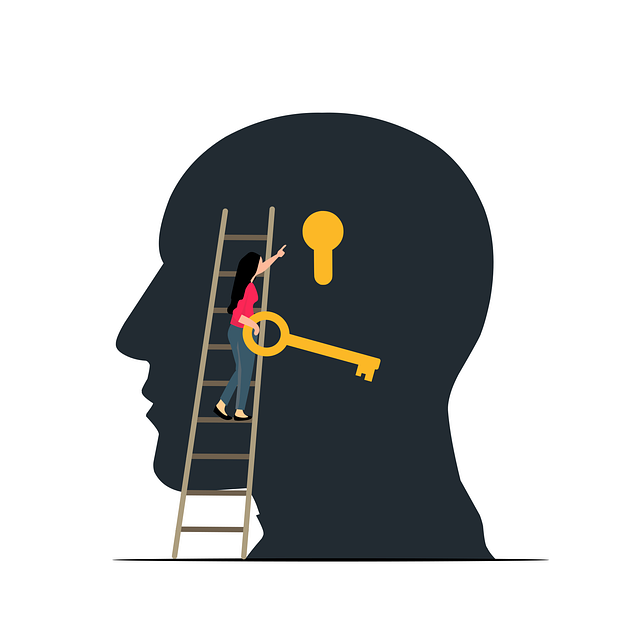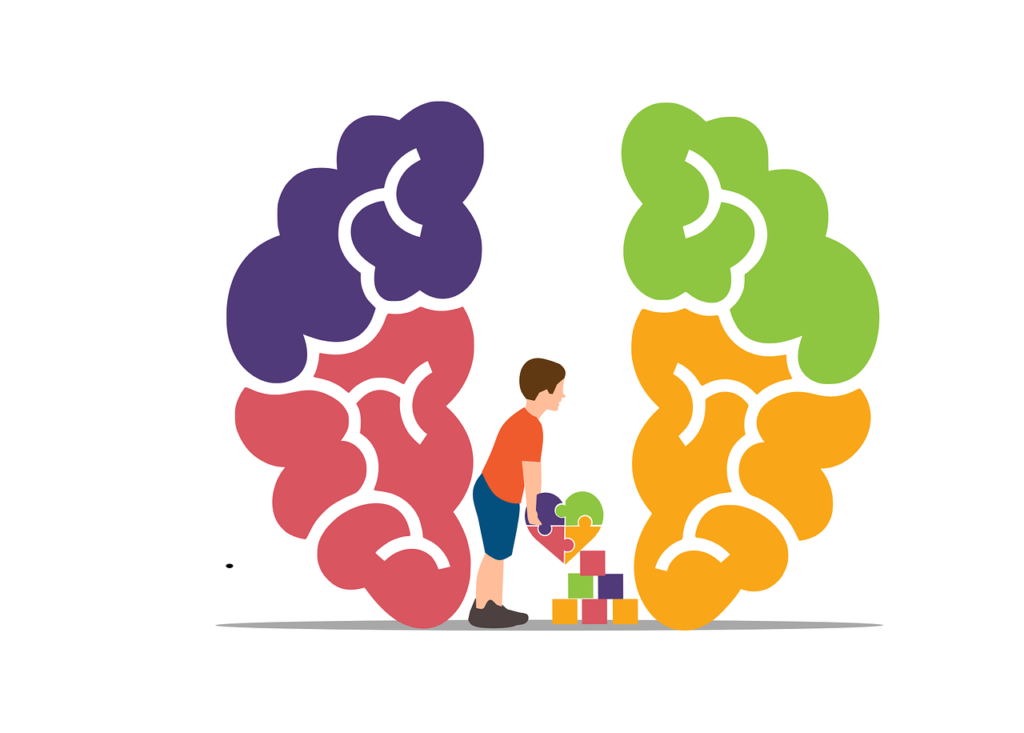In an increasingly popular kind of treatment for those with mental health issues like anxiety, depression, and post-traumatic stress disorder is ketamine therapy. Although ketamine therapy has demonstrated promise in offering relief and enhancing general well-being, it is important to recognize that it may not be appropriate for all individuals.
In order to guarantee the safety and efficacy of the therapy, it is imperative to investigate who might not be a good fit for this strategy.
Ketamine therapy: What is it?
Treatment-resistant depression, anxiety disorders, and post-traumatic stress disorder (PTSD) are among the mental health illnesses that can be managed with ketamine therapy, a dissociative anesthetic medicine administered in small doses.
Giving a low-dose ketamine infusion under medical supervision is known as ketamine treatment. This therapy is usually given in a sequence of sessions, each lasting approximately forty minutes. Depending on the condition and progress of each individual, the precise number of sessions may change.
Trained medical personnel continuously supervise the patient to guarantee their safety and well-being during ketamine therapy sessions. Because the ketamine infusion is administered intravenously, exact dose and rapid effects are possible. Those receiving this treatment feel secure in the regulated atmosphere of a medical facility.

It is crucial to understand that there is no one-size-fits-all approach to ketamine therapy. The treatment strategy for each patient is customized to meet their unique needs and objectives. To decide on the best course of action, the medical team evaluates the patient’s condition, medical history, and reaction to prior therapies.
How Is Ketamine Therapy work?
Researchers are now examining the exact mechanism underlying ketamine’s therapeutic effects. Nonetheless, it’s thought that the medication promotes the development of new synaptic connections in the brain, which elevates mood and lessens symptoms. Ketamine has also been demonstrated to have anti-inflammatory qualities, which may be part of the reason for its beneficial benefits on mental health.
According to research, ketamine’s antidepressant benefits are mostly due to its capacity to modify glutamate, a critical neurotransmitter. Ketamine works on the NMDA receptor to control glutamate release, which impacts several brain circuits related to mood regulation and emotional processing.
Apart from its impact on neurotransmitters, ketamine’s anti-inflammatory characteristics are assumed to be a contributing factor to its medical advantages. The ability of ketamine to lower inflammation may help relieve symptoms and enhance general wellbeing. Chronic inflammation has been connected to a number of mental health conditions.
For mental health issues, ketamine therapy is not a stand-alone treatment. To give complete care, it is frequently used in conjunction with other therapies like psychotherapy or medicine.
Application of Ketamine Injections
It is a need for this kind of therapy that you have a medical condition that can be diagnosed. Ketamine used medicinally is not intended for recreational or casual use. Rather, it is only recommended for patients who would benefit from ketamine therapy. The full scope of this therapy’s applications is currently unknown. Since its potential was just recently realized by researchers, new applications are constantly being found. Your healthcare staff may suggest the therapy for a number of reasons, some of which include the following:
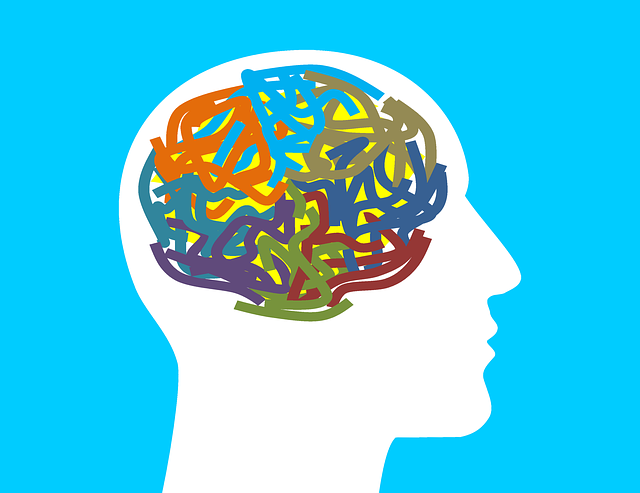
- Depression
- Anxiety disorders in general
- Manic episodes
- trauma-related stress disorder
- diseases of the personality
- drug abuse disorders
People who are not a good candidate for ketamine therapy
According to research, ketamine may be helpful for treating a variety of mental health issues, including anxiety, depression, PTSD, OCD, and chronic pain, in patients who have not improved with conventional therapies like counseling and antidepressants. Particularly, treatment-resistant depression, suicidal thoughts, and chronic pain have all responded well to ketamine. The FDA-approved medication Spravato has been shown to improve the lives of many patients suffering from treatment-resistant depression.
The following individuals may not be suitable candidates for ketamine infusion therapy:
Do You Have High Blood Pressure?
Although most people can safely get ketamine infusion therapy, those who already have high blood pressure issues may find it risky. This is due to the fact that ketamine is an active drug that, when taken, may elevate blood pressure. Elevated blood pressure can cause a number of harmful symptoms, such as stroke and cardiac arrest, especially in those who already have high blood pressure. Individuals who already have high blood pressure may not be suitable candidates for ketamine therapies, even though blood pressure is monitored throughout treatments to ensure patient safety.
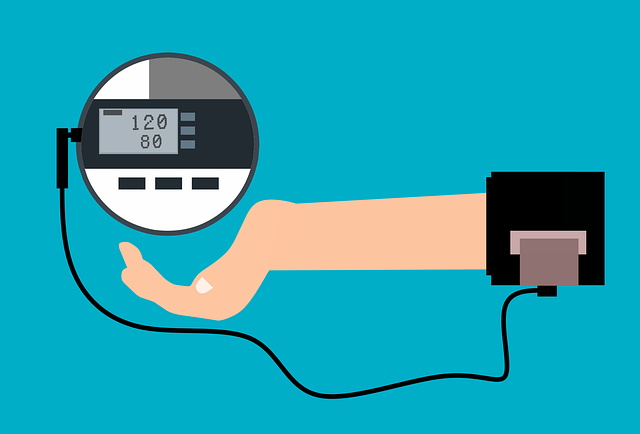
Have Heart Issues and Live There
As previously mentioned, ketamine therapy may increase the risk of elevated blood pressure. Any kind of cardiac issue, including arrhythmias, vascular disorders, congestive heart failure, and prior heart attacks, may be harmed by this. While ketamine therapy is effective in reducing mental health symptoms such as depression, some ketamine therapy practitioners are unwilling to put their patients at risk for cardiac problems. Consequently, in order to alleviate the symptoms of treatment-resistant depression, people with heart issues may need to consider alternative options.
Bipolar disorder and psychosis
Ketamine therapy can quickly relieve depressed symptoms linked with bipolar disorder and psychosis, which may be beneficial for those who suffer from these disorders. Ketamine, however, has the potential to worsen bipolar manic episodes, which are marked by unusually high mood, activity, and impulsivity.
- Mania is not typically linked to ketamine use. But this hyperactive condition can be triggered by abusing ketamine.
- Furthermore, individual responses to infusions vary, and case studies indicate that ketamine-induced manic episodes can occur in therapeutic contexts as well.
Individuals who suffer from psychosis or bipolar disorder may be more susceptible to ketamine-induced mania. Patients contemplating ketamine therapy for these problems ought to have candid conversations in-depth with their medical professionals, such as physicians and therapists.
Medications
Inform your doctor before starting ketamine therapy if you currently take any drugs for physical or mental health issues. Certain drugs, such as lamotrigine, lurasidone, and benzodiazepines, may lessen ketamine’s antidepressant effects.

Despite several attempts to prove this effect, research investigations have produced inconsistent findings. Nevertheless, this phenomena has been documented by enough people that physicians advise against taking these drugs 12 hours before to a ketamine treatment unless there is a negative effect.
Drug Abuse
Ketamine and alcohol consumption should never be combined. Similar to ketamine, alcohol and many other drugs have sedative qualities. One reason you won’t be able to benefit from ketamine therapy is the possibility of becoming overly sedated. Any combination of two drugs may have unanticipated interactions or negative effects.
Being pregnant
It is advisable to avoid ketamine therapy if you are pregnant or recently gave birth. The baby’s health is being safeguarded, for that reason. Ketamine hasn’t been thoroughly researched in pregnant or nursing women, and even at low dosages, it can pass from the mother to the fetus or from the bloodstream to a newborn.
For a variety of reasons, older persons with a lengthy medical history might not be the best candidates for ketamine therapy.
Older adults
Seniors frequently have complicated co-occurring ailments including neurodegenerative diseases or cardiovascular disease. These elements may make ketamine therapy more difficult because the drug may worsen cardiac problems or have unfavorable drug interactions.
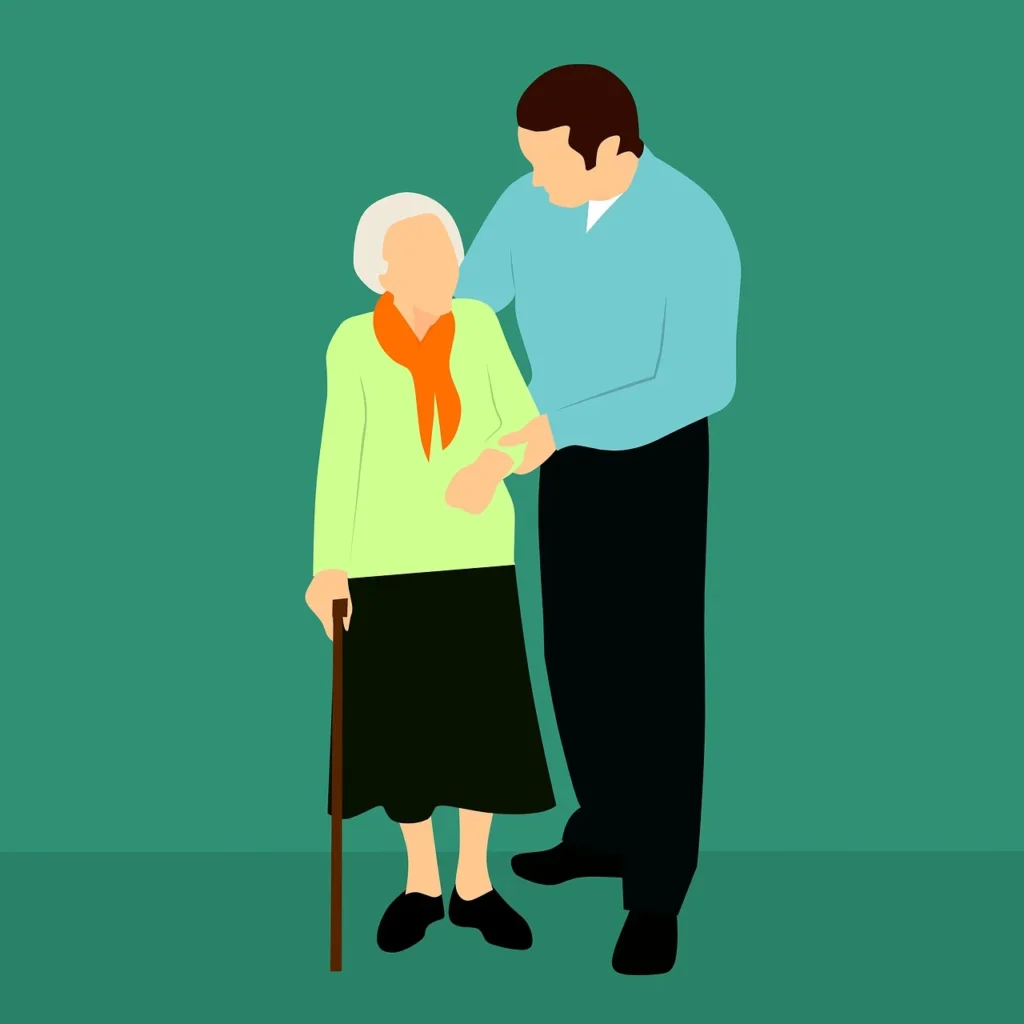
Additionally, older persons may be more vulnerable to negative side effects from the dissociative and hallucinogenic effects of ketamine. Reduced starting doses and careful monitoring are required due to increased sensitivity to ketamine.
Finally, because older persons’ brains are less neuroplasticity than those of younger adults, they could not gain from the same things. Decreased neuroplasticity makes it more difficult for the brain to adapt and create new neural pathways, which is necessary for mental health interventions like ketamine therapy.
Are Hypersensitive to Ketamine or Have Not Reacted Well to Ketamine in the Past
Ketamine is offered on the black market in a variety of forms to be used as a party drug, but it can also be used as a sedative in medical settings. Therefore, it’s not unusual for those who seek ketamine therapy to alleviate the symptoms of depression that is resistant to treatment to have prior ketamine use. Those who have previously used ketamine but experienced a negative reaction to the drug might not be suitable candidates for ketamine infusion therapy for depression, either. An allergy to this substance could be the cause of adverse reactions, which could endanger the person’s health.

